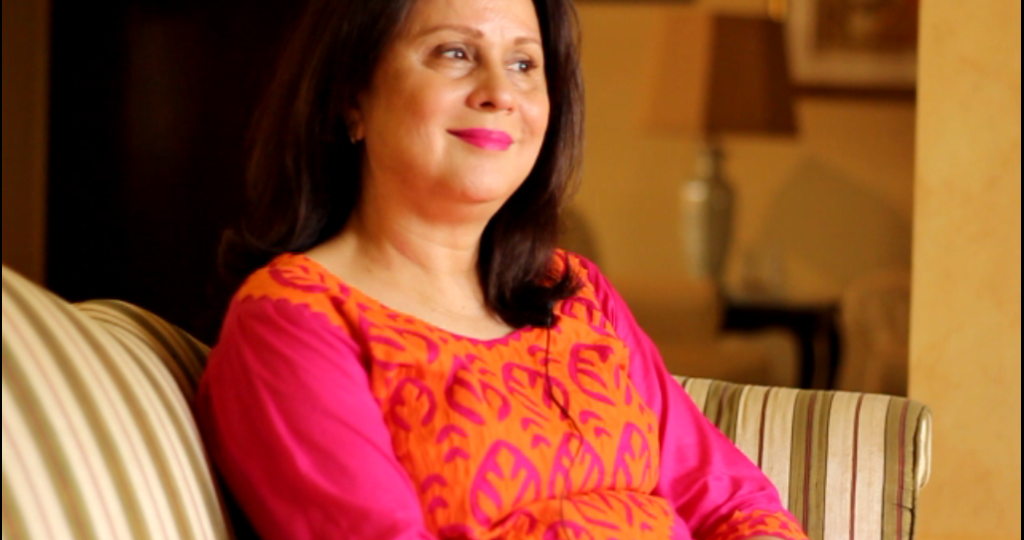
[slideshow_deploy id=’7496′]
It had been there for decades — a red, blue and white flag unfurling in the wind, an unwanted blot in the sky for many who walked under it. And then, in the blink of an eye, it was gone, removed by a woman who heard the calls for the flag’s removal and decided to do it herself.
This is not the story of Bree Newsome, but instead, of Fatima Sughra. In 1947, Fatima, then a 14-year-old girl living in Lahore (in undivided India) pulled down the Union Jack from the Punjab Civil Secretariat Building and replaced it with the emblem of the Muslim League, the political party fighting for the creation of Pakistan and freedom from British rulers in the Indian subcontinent at the time.
But while Bree Newsome’s name may be familiar to many young women in Pakistan, Fatima Sughra’s is known to a handful, relegated to a time when hashtags did not commemorate heroes. Sana Saleem and Ghausia Rashid Salam, two Karachi-based women, are hoping to change that. HERstory, an online record of Pakistan’s feminist legacy, is a collection of oral histories the two women have been collecting for eight months, since an intern they worked with elsewhere mentioned she had no clue about Pakistan’s feminist movement.
To read the full article, please visit the Women in the World.
Sanam Maher is a Karachi-based journalist and tweets @SanamMKhi.
This article was originally published here.